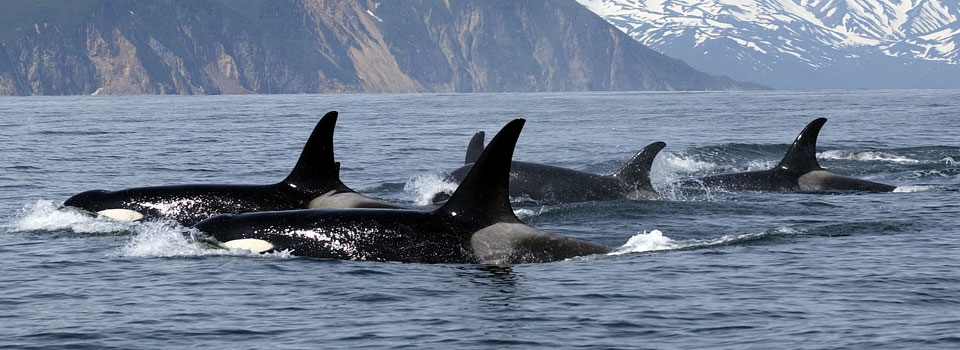London (Parliament Politic Magazine) – The report, which was released in June, suggested implementing more robust measures to address the issue of bycatch. It recommended the introduction of mandatory bycatch monitoring and urged DEFRA to create an action plan with clear objectives and deadlines by the end of 2023. We are delighted to note that a consultation has already been conducted to expand the use of remote electronic monitoring, and we will closely follow its progress.
However, the Government shares the Committee’s concern about reducing bycatch but disagrees with the call for a nationwide action plan with specific targets. The Government’s stance is that each fisheries policy authority should establish its own timelines, and DEFRA will develop a plan exclusively for England in the coming year.
Marine Animals Under Threat
According to data provided by the International Union for the Conservation of Nature (IUCN), a total of 34 out of the 92 known cetacean (marine mammal) species worldwide are classified as either threatened or near threatened. Within the UK’s waters, five of these species face significant challenges: the blue whale, sei whale, fin whale, sperm whale, and the critically endangered North Atlantic right whale.
These marine mammals are susceptible to various threats, including bycatch and entanglement, commercial and hunting activities, collisions with vessels, the impacts of climate change, and pollution.
In its report, the Committee advised the Government to implement primary legislation aimed at enhancing the safeguarding of marine mammals in UK waters, emphasizing that the current UK laws and regulations fall significantly short of the standards upheld by other nations. In response to the EFRA Committee’s recommendation, the Government has indicated that it has no intention to introduce primary legislation, as it believes that the existing legislation and international conventions are adequate.
Furthermore, the Government has rejected the Committee’s suggestion to explore potential measures for closing the legal loophole concerning the transit of cetacean products through UK ports.
Vital Role of Marine Animals in Marine Ecosystem
In its response, the Government acknowledges the vital role of marine mammals in marine ecosystems and global biodiversity. It also recognizes the various challenges these animals face and reaffirms its commitment to their protection. The Government’s response underscores its investment in research and the development of technical solutions for monitoring marine mammals. However, it declines to support the Committee’s suggestion for establishing a dedicated ring-fenced fund to address the significant data gaps that currently exist.
Regarding the Committee’s recommendation that any new UK trade deal should incorporate a provision for safeguarding marine mammals, the Government does not fully embrace this proposal. Instead, the Government mentions that it raises the issue of marine mammal hunting during bilateral discussions with countries that continue to engage in such practices.
Regarding the Dolphin and Porpoise Conservation Strategy, which is spearheaded by the Scottish Government, the EFRA report called on DEFRA to accelerate the implementation of this strategy and its associated actions. The Government’s response reiterates its dedication to the strategy but emphasizes the need for time to engage in consultations and thoroughly consider all relevant factors. This is the case even though the draft strategy was made available in March 2021.
Sir Robert Goodwill Gives His Review
Sir Robert Goodwill, who chairs the Environment, Food and Rural Affairs Committee, remarked: “We welcome the Government’s commitment to the protection of marine mammals. However, our committee urged new legislation, increased funding and faster action to mitigate the pressing challenges on these valuable species and we are disappointed to note that in rejecting our recommendations the Government does not appear to be demonstrating an awareness of the necessary urgency and scale of the problems.”
Members of Parliament (MPs) pointed out that several other countries offer higher levels of protection for marine mammals and drew attention to the 1972 US Marine Mammal Protection Act. They urged the government to introduce primary legislation to safeguard both seals and cetaceans. While the UK hosts a globally significant grey seal population, these animals are not currently included in Schedule 5 of the Wildlife and Countryside Act.
This exclusion means that grey seals do not benefit from the enhanced protections granted to other wildlife species under this section of the act, which prohibits intentional killing, injuring, or taking of the species listed and bans their possession or trade. MPs emphasized the need to promptly add seals to this list.


